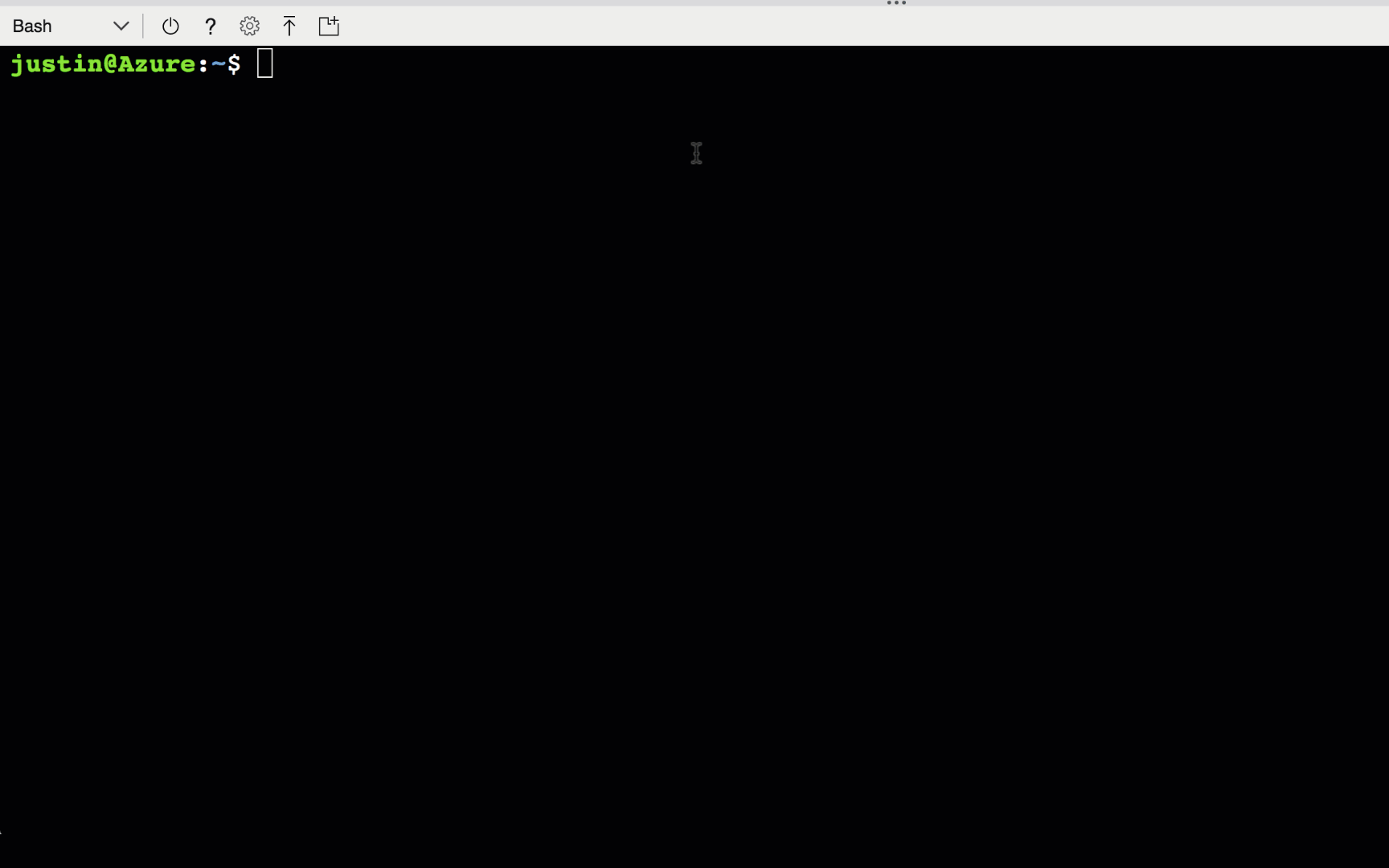
If you wanted to play modern software development buzzword bingo, talking about Azure Container Instances (ACI) would surely help you tick a few boxes. The service, which made its debut last July and which is now generally available, gives developers a serverless way to run Linux and Windows containers that frees them from having to even think about Kubernetes clusters and the like. There are no virtual machines to manage and scaling is not an issue.
At its core, ACI is all about simplicity and flexibility. Developers decide how much memory and compute cores they need and ACI handles the rest.
As Microsoft’s lead product manager for Azure Containers Gabe Monroy told me, in his view, serverless is all about invisible infrastructure, microbilling and an event-driven programming model. With serverless containers, you get the first two (with CPU and memory usage billed by the second), without being tied to the event-driven model. Monroy also stressed this service treats containers like a first-class citizen on the Azure platform. “ACI is like a VM — but a container,” he said.
Another feature of ACI that Monroy highlighted was the built-in isolation, something you’d usually get by default with a virtual machine. With ACI, each individual container is protected at the hypervisor level, something that most other competing services — and most open-source container projects — can’t currently do. For security-conscious enterprises, security remains an issue when it comes to adopting containers, so this feature alone may remove some roadblocks for a few companies.

When ACI made it debut, it only supported Linux containers. Over time, the team added Windows Container support, too, and both are now generally available. As Monroy told me, the company is seeing quite a bit of demand from companies that want to lift and shift their existing .NET Windows applications to the cloud using ACI.
With today’s announcement, Microsoft is also dropping the prices for using ACI. Creating new instances is now free, for example, and the price per CPU and second went down from $0.0000125 to $0.000012. One gigabyte of memory now costs $0.000004 per second.

